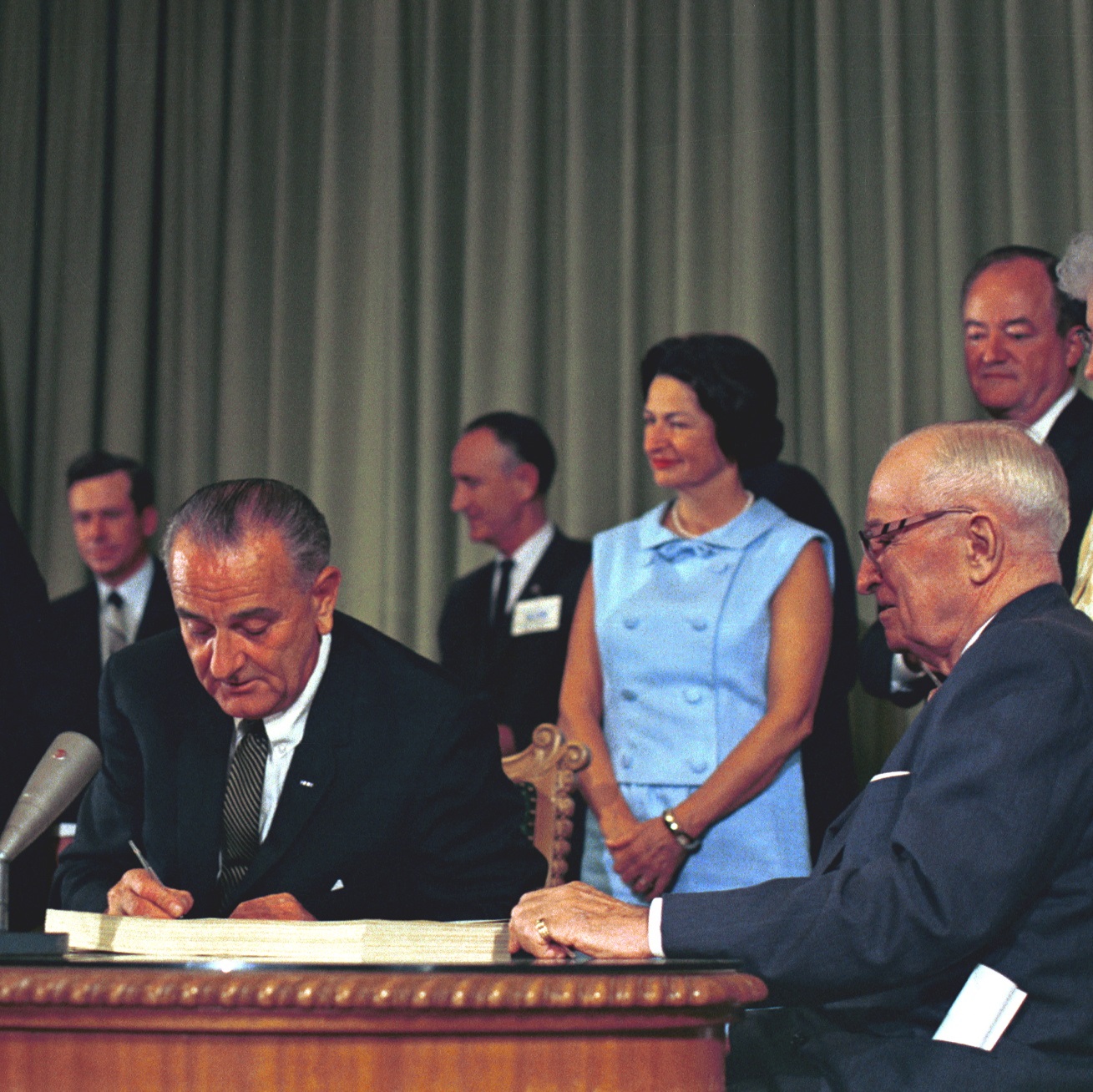AARP Hearing Center
Today, in Ohio, 2 million people over 65 and individuals with disabilities are covered by Medicare for their health care.

Before President Lyndon Johnson signed Medicare into law 53 years ago this month, fewer than 25 percent of older Americans had meaningful health insurance. Even a minor illness could propel them into bankruptcy or send them into a life of poverty.
Thankfully, the deal that was struck with Americans in 1965 – pay into Medicare throughout your working life and you will be guaranteed health benefits when you turn 65 – has held strong for more than half a century.
- Today, some 60 million Americans have access to comprehensive, affordable health care.
- The program provides free health screenings, from mammograms to colonoscopies to prostate cancer exams.
- And in 2006, Congress added coverage for outpatient prescription drugs so Medicare beneficiaries didn’t have to choose between putting food on the table or paying for life-saving medicines.
What many people don’t realize is that Medicare has historically been a more efficient program than private health insurance, with administrative costs of under 2 percent – much less than private plans. But we must not take Medicare for granted.
Medicare is a deal that must not be broken
AARP has led the way in making sure Congress keeps its promise to support and improve this vital program so that millions of older Americans get the health care they need, allowing them to live with dignity and financial security as they age.
Within a few short years, Medicare won’t have the money to pay the full hospital bills of beneficiaries. The financial pressure on the program is immense:
- Health costs continue to climb.
- Critical advances in medical technology are expensive.
- Prescription drug costs continue to skyrocket.
And all of this is happening as the number of enrollees in Medicare is expected to increase more than 20 million by 2030.
This is why we must all hold our elected representatives accountable for enacting policies that will:
- Improve the coordination of patient care
- Lower prescription drug costs
- Reduce hospital readmissions
- Improve the use of technology in patient care
Pledge to Vote
This year, critical issues like Medicare – as well as Social Security, support for family caregivers, and prescription drug costs – are all on the line. That’s why your voice matters.
Pledge to vote and hold politicians accountable to keep Medicare strong!































































